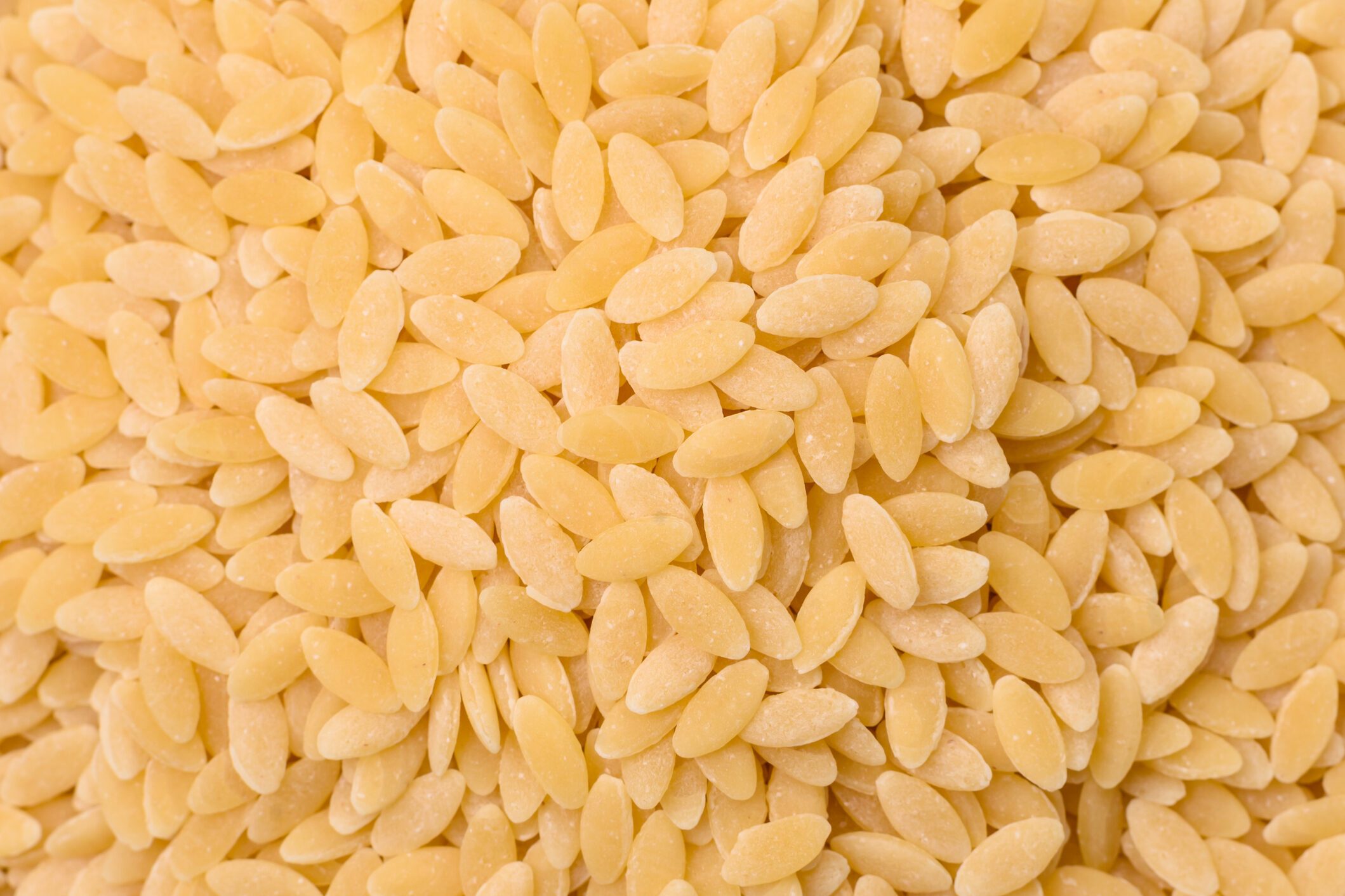The two pasta varieties were made for a popular diet, and have expiration dates pending. There's a lesson here for DIY pasta makers.

Pasta Possibly Sold in 3 States Has Been Recalled

It’s increasingly more inviting to visit the pasta aisle with so many healthy varieties available: Pasta made from plants, high-protein pasta, gluten-free, and multiple others. Vegan pasta even exists, made with flour and water, minus the eggs that many Italians consider a classic ingredient.
However, that doesn’t always mean that the absence of animal products makes a food less likely to spoil. A recent recall of two types of vegan pasta demonstrates how even health-conscious foods can pose a safety risk when production conditions become compromised.
The two products, a dried vegan orzo and dried vegan campanelle, were produced by PASTAURORA, LLC in Clinton, Washington, and branded under the name Wildly Beloved Foods Pastas. They were sold in 10-ounce bags, with clear packaging with green and black printing on the label.
The reason for the recall was “potential mold growth contamination.” Not only can flour go bad, but records of this recall suggest at least one of the products had not been left to dry thoroughly before it was packaged and distributed: “We initiated this recall because the product was under-dried and we found three packages within our retail marketplace that had the beginning signs of mold,” the company said in a June 2024 statement issued by the U.S. Food and Drug Administration (FDA). “Consumers who have purchased affected products in 10-oz. packages are urged to return them to the place of purchase for a full refund.” Roughly 30 packages of each product are believed to be affected.
Wildly Beloved Foods says their pasta products have been sold in three states: Washington, Oregon, and California. The compromised products may have been distributed at any of the following 16 retailers, or others:
- PCC Community Markets (WA)
- Payless Foods (WA)
- The Goose Community Grocer (WA)
- Grayhorse Mercantile (WA)
- Whidbey Island Grown (WA)
- The Star Store (WA)
- 3 Sisters Market (WA)
- Greenbank Pantry and Deli (WA)
- Full Bloom Farm (WA)
- Portland People’s Co-op (OR)
- Salinity Seafood & More (WA)
- Sunshine Drop (WA)
- Golden Glen Creamery (WA)
- Kristoferson Farm (WA)
- Boccato’s Grocery (CA)
- CJ’s Custom Meats (WA)
Additionally, the products may have been served at restaurants. Those listed on their site as customers of the brand are:
- Island Nosh (WA)
- Poca Pasta Food Cart (WA)
- The Braeburn (WA)
- Leo & Leto: Winery and Bistro (WA)
- Savory (WA).
Though the recall was recently terminated, the “sell by” dates on the products were listed as May 2025. This means that the potentially moldy pasta products, which bear UPC codes of 810135110747 and 850049624022, could still be stored on pantry shelves.
If you have questions about safety, or wish to return the product, you can contact the company by phone at (360) 321-5000 (Monday-Friday, 8am-4pm PT), or by email at [email protected].
For daily wellness updates, subscribe to The Healthy by Reader’s Digest newsletter and follow The Healthy on Facebook and Instagram. Keep reading:



















